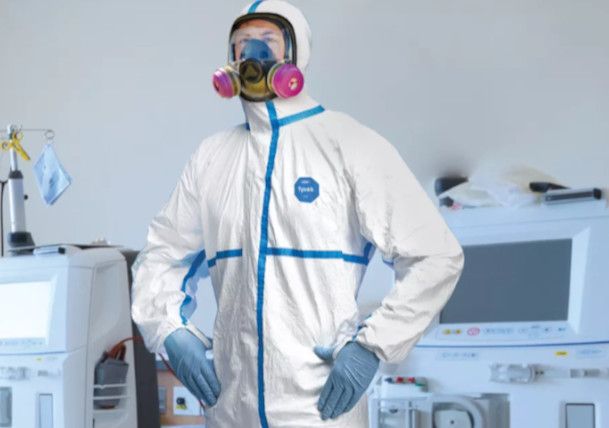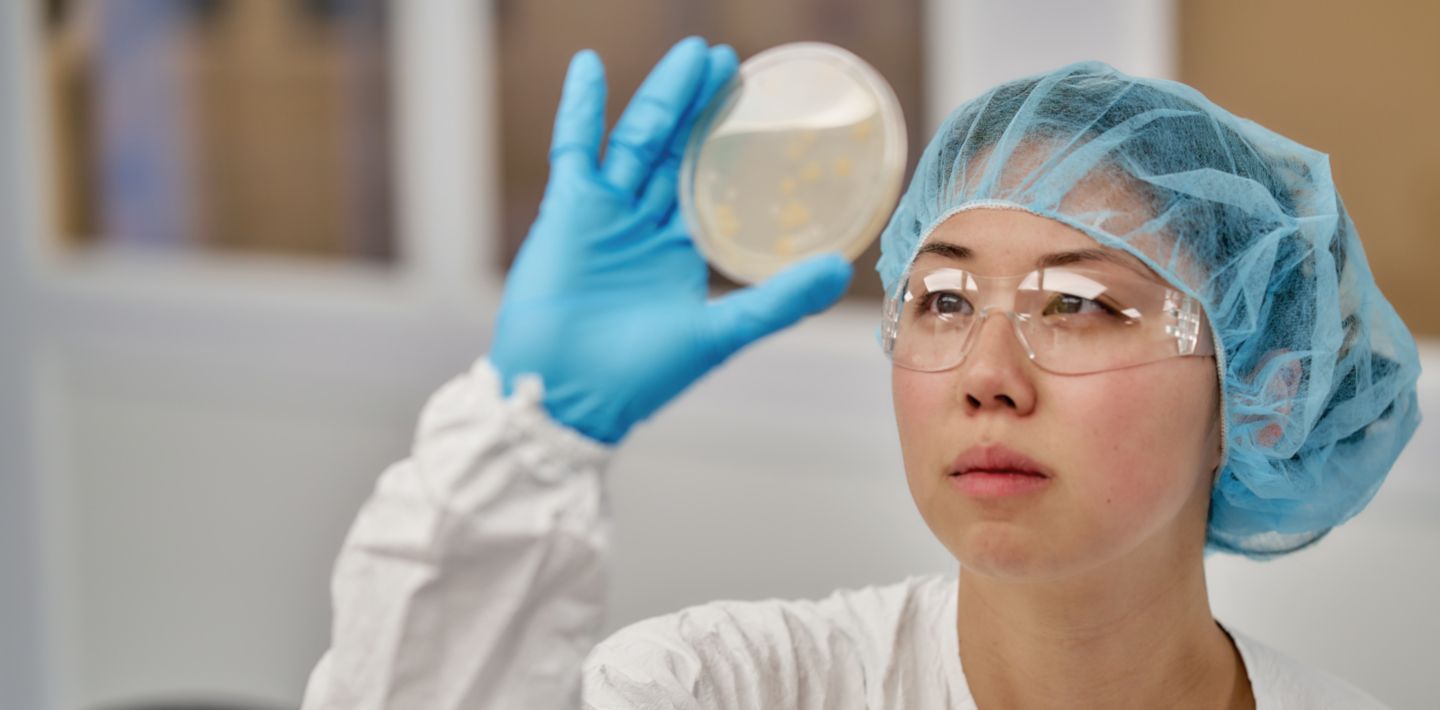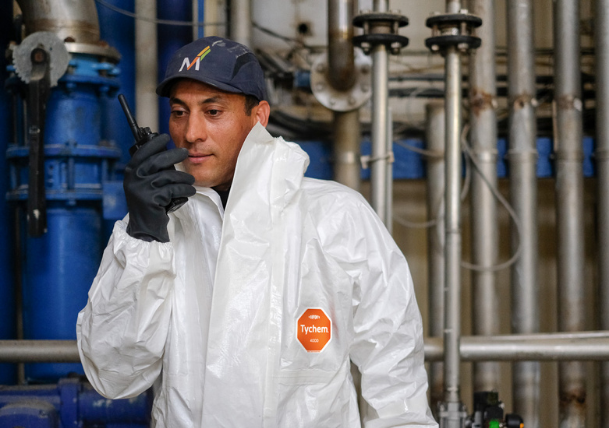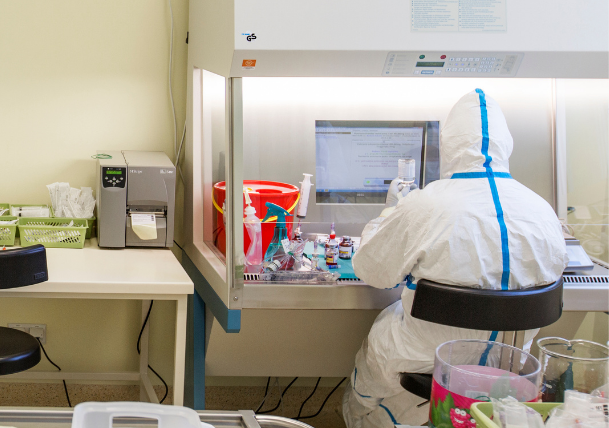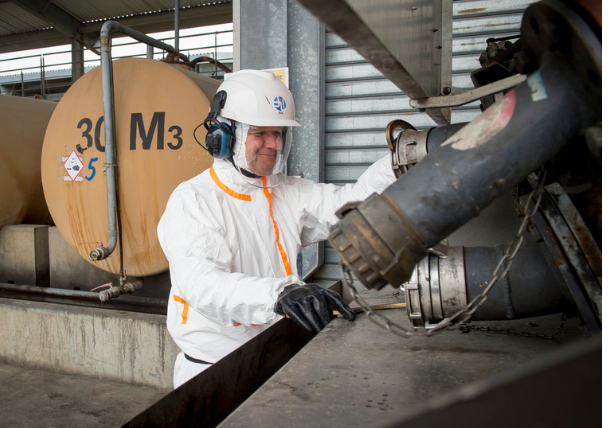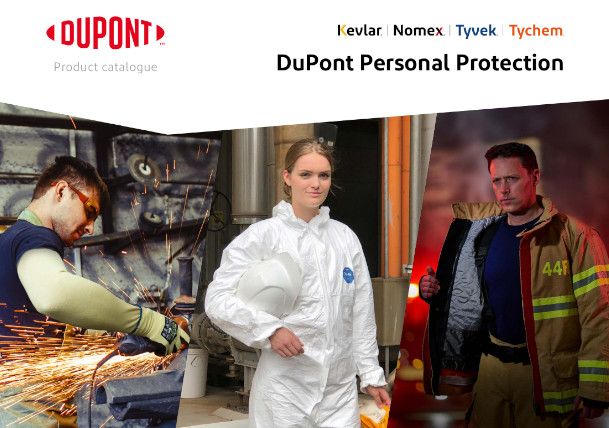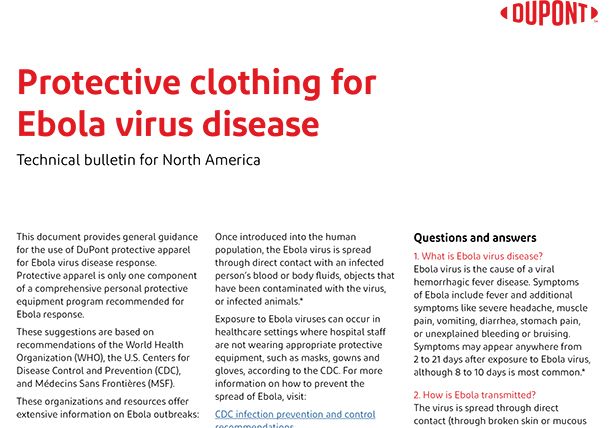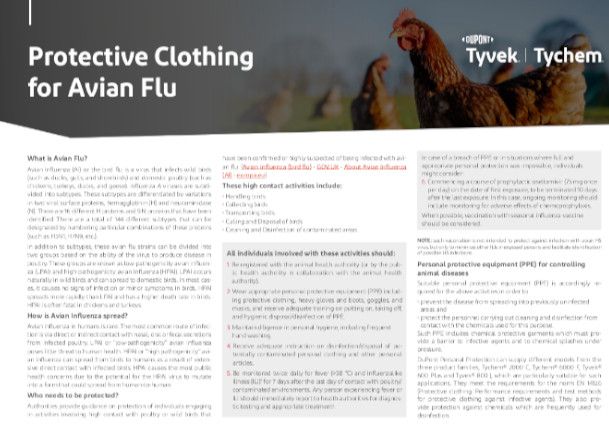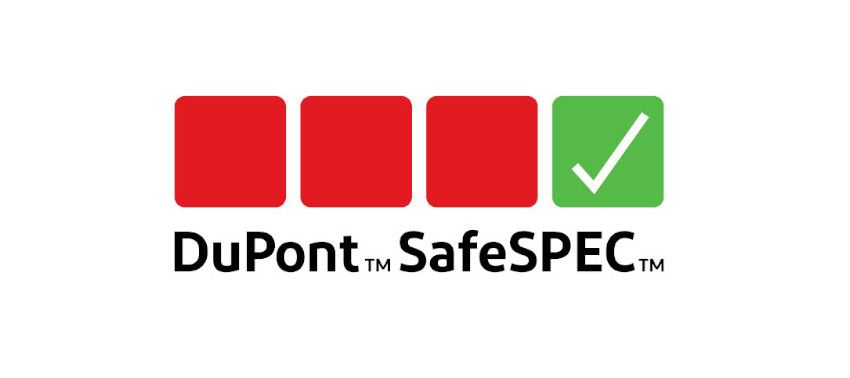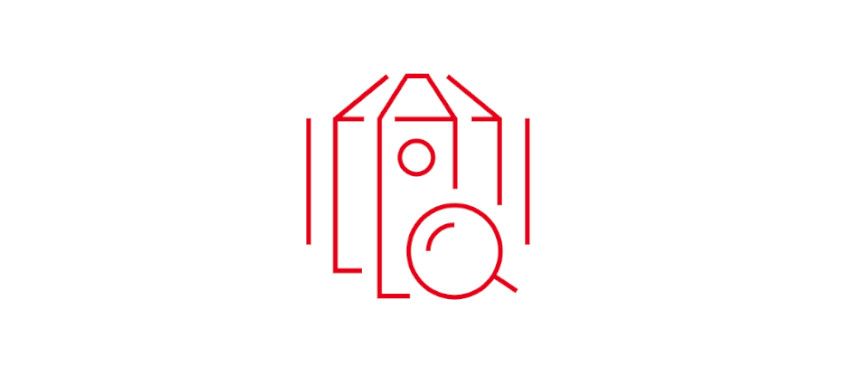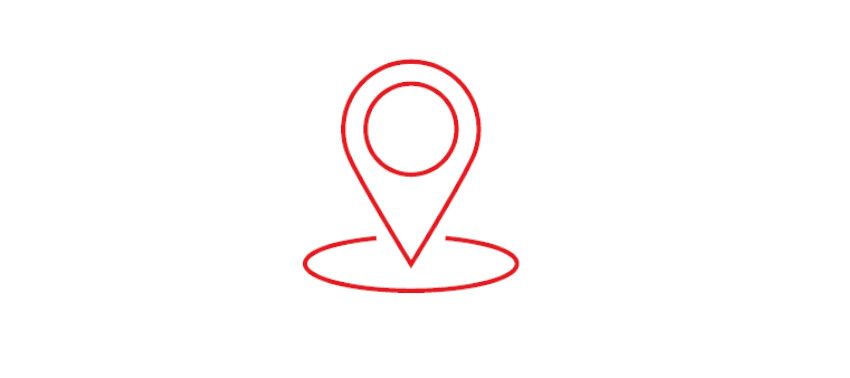Whether in agriculture, the food industry, waste separation and recycling facilities, sewer systems or in the emergency services sectors, if workers come into contact with biological agents, safe and reliable protective clothing is essential to prevent infections and the spread of germs.
What are biological agents?
A comprehensive definition can be found in EU directive 2000/54/EC referring to the protection of workers from risks related to exposure to biological agents at work. “Biological agents” refers primarily to micro-organisms such as bacteria, viruses and fungi. According to this directive, it also refers to biological materials, including those which have been genetically modified, as well as agents. What is important is that these substances can be pathogenic, sensitising or toxic. Biological agents have the ability to adversely affect human health in a variety of ways, ranging from relatively mild allergic reactions to serious medical conditions, including death.
Biohazards and PPE
The use of personal protective equipment is an essential element of infection control for people responsible for care, treatment, transport, preventive measures and decontamination, not only for their own safety, but also for that of their environment. A risk assessment needs to be carried out to determine the risk to workers’ health and safety.
- Type of infective agent
- Nature of the activity
- Type of contact with biological agent
- Disinfection process
DuPont Personal Protection offers protective suits which cover all four classified risk groups for biological hazards in Cat III, types 6B, 5B, 4B & 3B. Depending on the form of biological agent, the levels of exposure, the nature of the work and the risk of infection, the barrier performance of the fabric to the relevant infective agent test(s) should be considered. The type of seam and the material's mechanical robustness also needs to be taken into consideration.
Industry segments
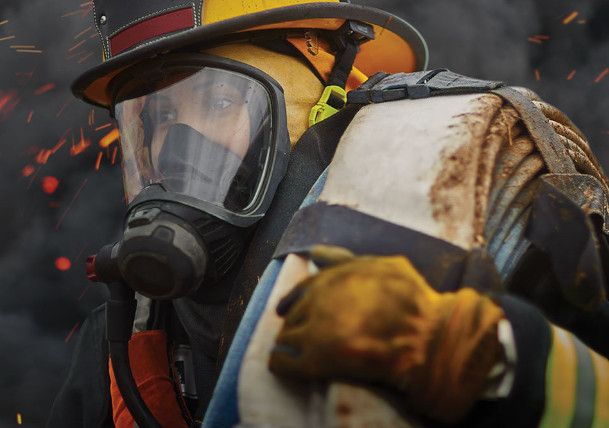
Emergency Response
Learn more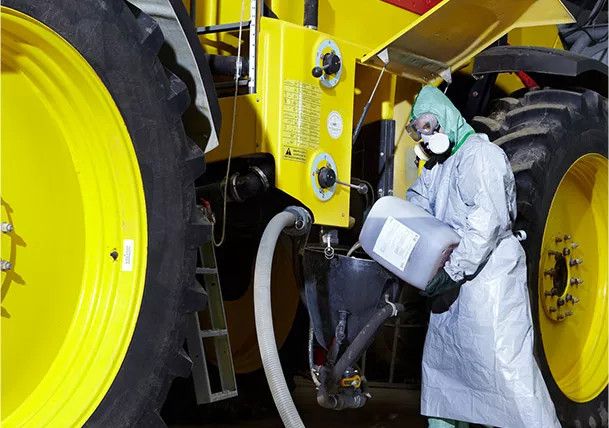
Agriculture
Learn more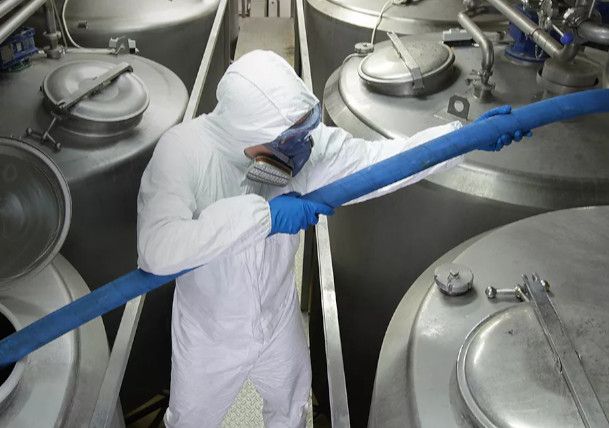
Food processing
Learn more